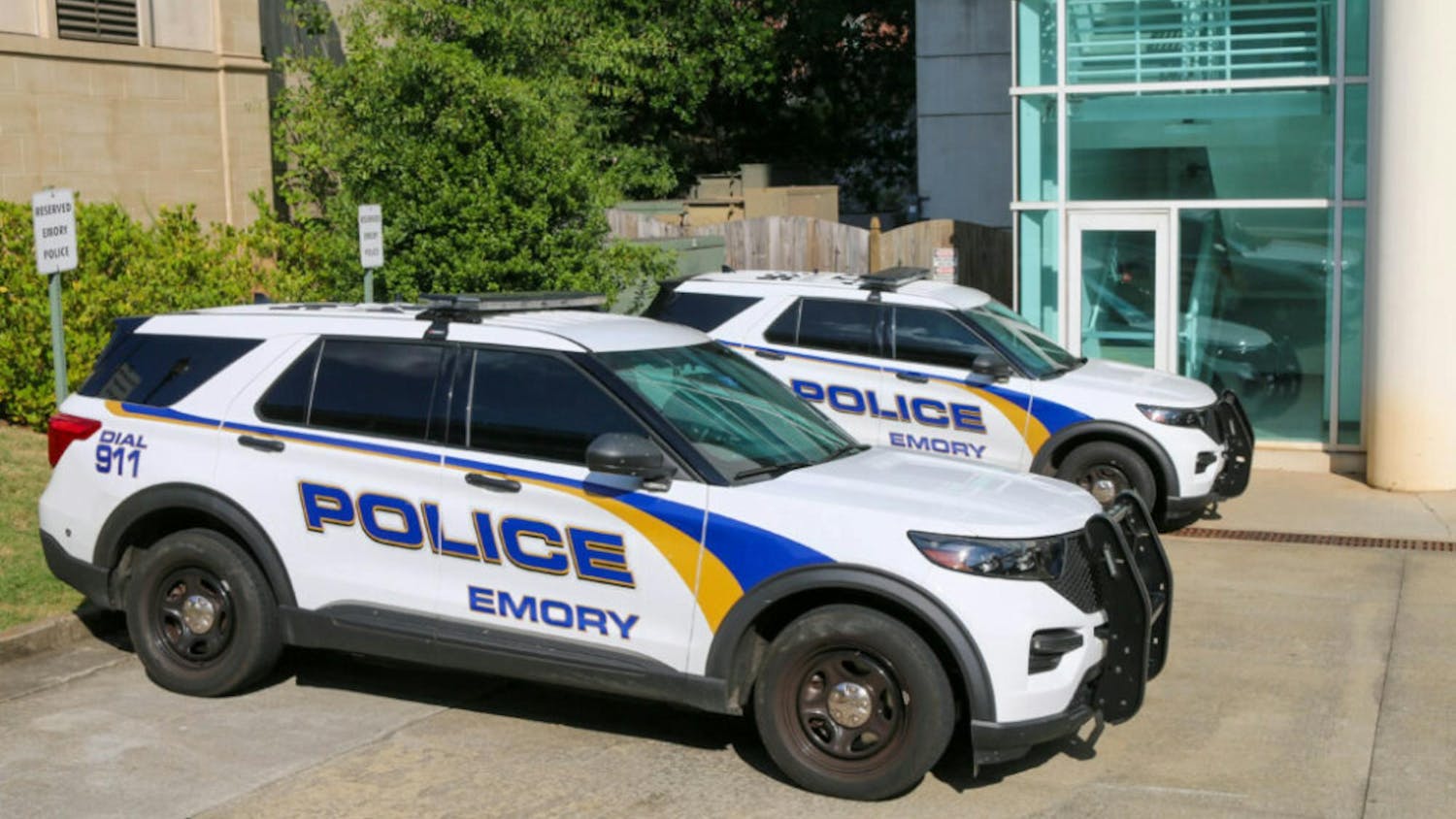The Emory Impact Investing Group (EIIG) is a nonprofit that strives to close the economic gap in historically disadvantaged areas by providing loans to small businesses that could not receive them otherwise. Goizueta Business School Professor Peter Roberts was unable to invest in a coffee shop in Nicaragua due to the risk of overseas investing and thus called for students to implement impact investing on a local scale, resulting in the creation of the EIIG.
“[Roberts] found that the difference [between rich and poor areas] is economic opportunity, but it’s not big business,” Goizueta Business School senior and cofounder of EIIG Brandon Walker said. “It’s quantity of micro businesses, businesses with four or less employees. They found that there’s a 30 percent gap between rich and poor areas. Our group is attacking that gap.”
This group of students vets individuals that have gone through the Goizueta Business School’s “Start Me Accelerator” which is a series of classes that allows entrepreneurs to learn the steps to turn an idea into a business.
“It’s basically a cohort of about 15 entrepreneurs for about 14 weeks,” Goizueta Business School junior and EIIG CEO Casey Rhode said. “And last year they ran two [Start Me Accelerators]. So we went to those sessions and we identified an entrepreneur Nicole Massiah, from that group that we cycled into.”
Massiah is a single mom who runs Krumbz, a retail bakery in the East Lake community of Atlanta that offers everything from 3D cakes to cake truffles.
“Not every entrepreneur, not everyone that starts a business, has the same amount of esteem, if you will, and confidence,” Massiah said. “If you have a group of students that you know are learning alongside you, the process is a little less intimidating. So I think it will help the community because they can see the students as not as threatening as maybe a Fortune 500 mentor.”
EIIG has evaluated over 30 entrepreneurs, but has only invested in Massiah’s company thus far.
“We just thought that she fit, needed the capital more than anyone else and could do the most with that capital,” Walker said. “The other two we’re evaluating are a law firm that provides reduced-fee legal services for immigrants and a night care that would allow immigrants in the Clarkston area to leave their children overnight so that they could work to provide more for their families. It’s exciting to work with these really talented people. We’re learning everyday about what it means to be a business person."
Rhode agreed that in addition to helping businesses that need capital, being a part of the group is helping its members.
“First of all it’s amazing to interact with these entrepreneurs,” Rhode said. “I think we’ve learned so much from them. Just the day to day of how do you run a business, how do you start a business is something that even in the business school here you don’t get. When they talk about entrepreneurship here, it’s like a lofty idea of ‘oh Facebook’ kind of a thing. Versus the nitty gritty of ‘I’m trying to run a bakery out of my home.’ That entails so many challenges.”
The group raises donations in order to have the capital to provide loans to the entrepreneurs that they identify and ultimately work with.
“I’m extremely impressed by their ability to raise capital,” Massiah said. “They are just the epitome of seeing a problem and recognizing that it needs a solution and having the gumshoe to go out there and to help be a solution to the problem. Less experienced entrepreneurs struggle in how to raise capital. They’re trying to resolve that problem and I think it’s terrific.”
The donation aspect of EIIG allows them to be riskier with their money than banks. This is because banks have to meet certain monetary standards to satisfy their shareholders, whereas the goal of EIIG is to revitalize areas around Atlanta that have been left out of economic development, rather than make money.
“We have a pretty long due diligence process as far as evaluating them, and then we continue to work with them after we’ve lent to them in a consulting aspect,” Rhode said. “So that helps to mitigate some of that risk. The reason we are here is because banks wouldn’t do this—because it doesn’t necessarily make the most financial sense and that leaves these people excluded and unable to start their business. Someone needs to fill that gap and that’s what we’re hoping to do.”
According to Massiah, the consulting work EIIG does with its entrepreneurs is, for some, just as helpful as the capital they provide.
“What they’ve been doing, which has been extremely beneficial, in our regular meetings is inquiring as to what goals and objectives I have,” Massiah said. “They’ve been instrumental in trying to help me achieve some of the goals. For instance, trying to help me provide a mechanism for our customers to order online.”
The group takes student members on an application basis, and is hosting an open event on Jan. 28 in the Goizueta Business School, for which they are bringing in two entrepreneurs that will talk about how impact investing helps them run successful business.









